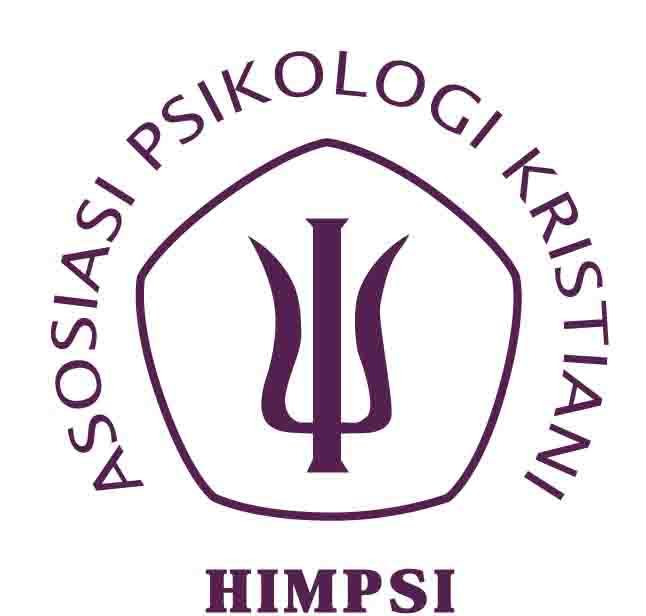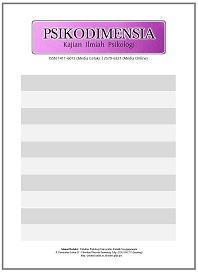Analysis of the 7s Framework of McKinsey in the UKM X Yogyakarta
Abstract
Keywords
Full Text:
PDFReferences
Brown, D.R & Harvey, D. 2006. An Experiential Approach to Organization Development, Seventh Edition. Canada: Prentice Hall.
Cumming, T.G & Worley, C.G. Organization development and Change.South- western:Thomas
Ivancevich, dkk. 2007 Organiational Behavior and Management. Jakarta: Erlangga.
Gammahendra, F. (2014). Pengaruh struktur organisasi terhadap efektivitas organisasi (studi pada persepsi pegawai tetap Kantor perwakilan Bank Indonesia Kediri). Jurnal Administrasi Bisnis, 7(2).
Kirkpatrick, D. 1994. Evaluating Training Programs-The Four Level. Berret Koehler Publisher.Inc.
Kreitner, R & Kinicki, A. 2001. Organization Behavior, 5 th Edition. New York: Irwin McGraw-Hill.
McLean, G.N. Organization Development. San Francisco: Berrett Koehler Publishers, Inc.
Moleong, L.J. 2005. Metodologi Penelitian Kualitatif, Edisi Revisi. Bandung: PT. Remaja Rosdakarya.
Novianti, N.P. 2010. Modul Kuliah Observasi dan Wawancara (Tidak Diterbitkan). Yogyakarta: Fakultas Psikologi dan Ilmu Sosial Budaya Universitas Islam Indonesia.
Riggio, R.E. 2003. Introduction to Industrial/Organizational psychology. New Jersey: Prentice Hall.
Sarwono, J. 2010. Pintar Menulis Karya Ilmiah: Kunci Sukses dalam Menulis Ilmiah. Yogyakarta: Penerbit Andi.
Siagian, S.P. 2002. Kiat Meningkatkan Produktivitas Kerja. Jakarta: Rineka Cipta.
Simmamora, H. 2006. Manajemen Sumber Daya Manusia. Yogyakarta: STIE YKPN.
Triner, D., Greenberry, A & Watkins, R. 1996. Training Needs Assessment: A Contradiction in Terms. New Jersey: Educational Technology.
Umar, H. 2006. Metode Riset Bisnis. Jakarta: Gramedia.
DOI: https://doi.org/10.24167/psidim.v19i2.2690
Print ISSN : 1411-6073 | online ISSN : 2579-6321 View My Stats

This work is licensed under a Creative Commons Attribution 4.0 International License.




















